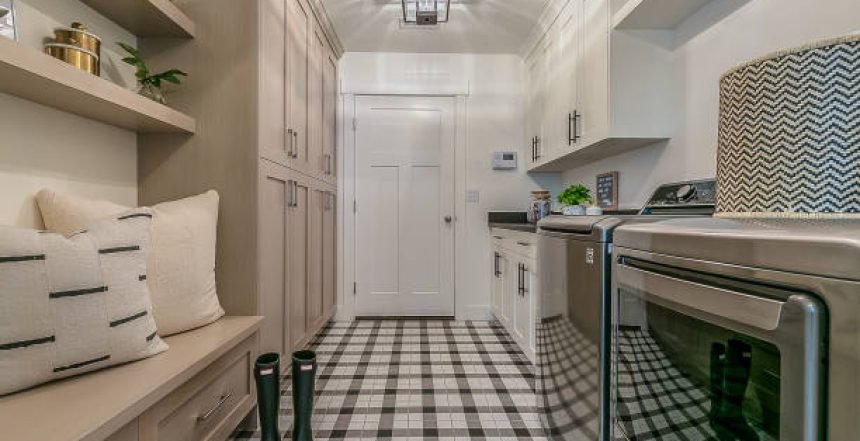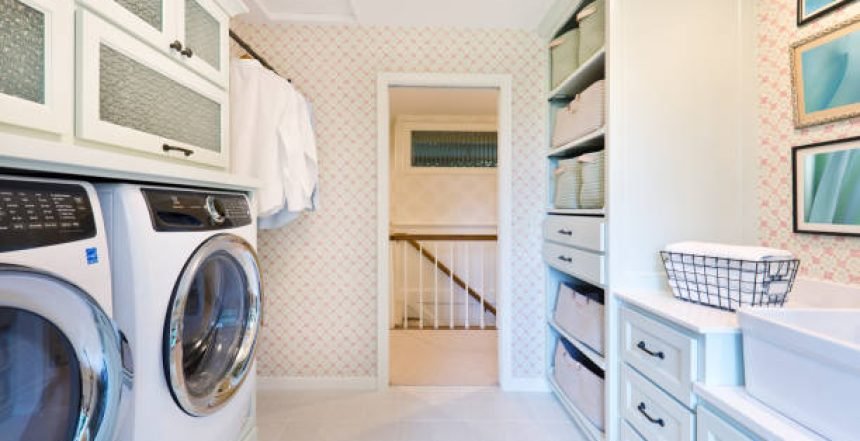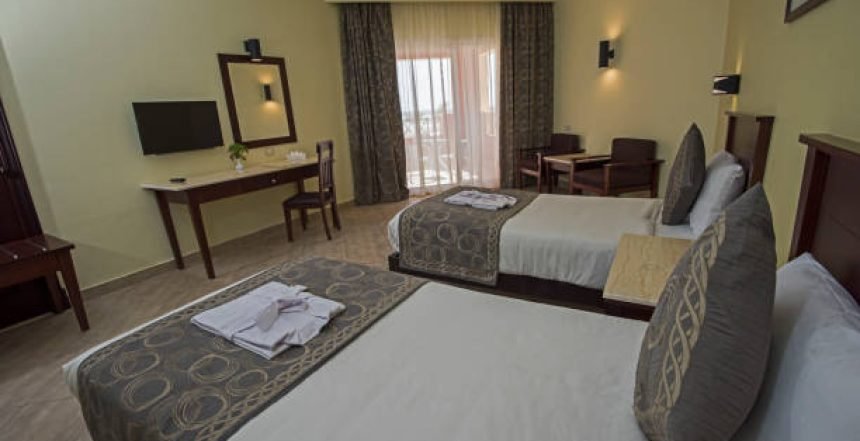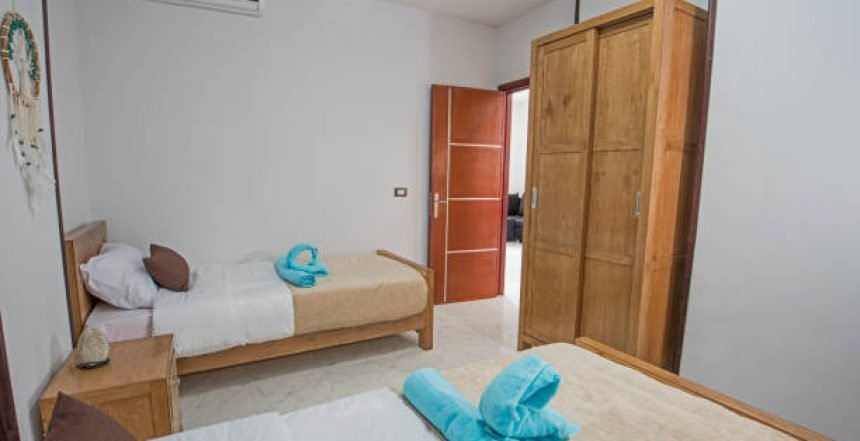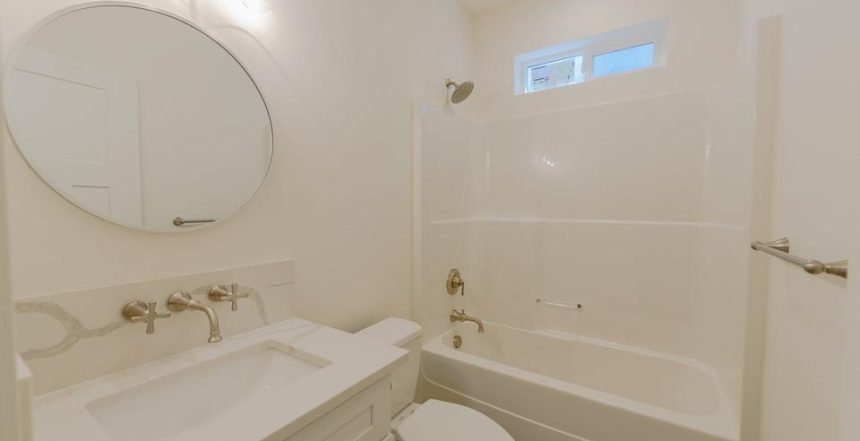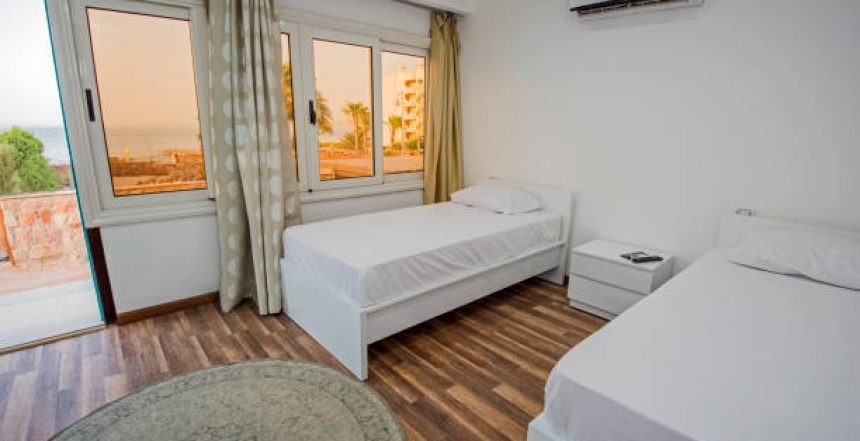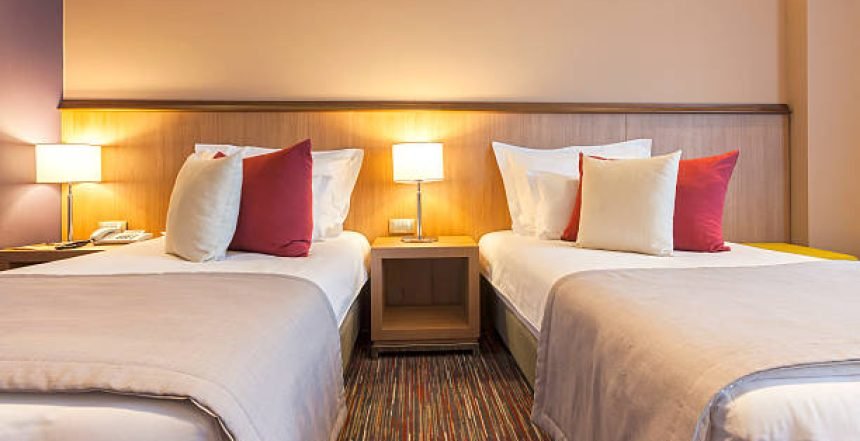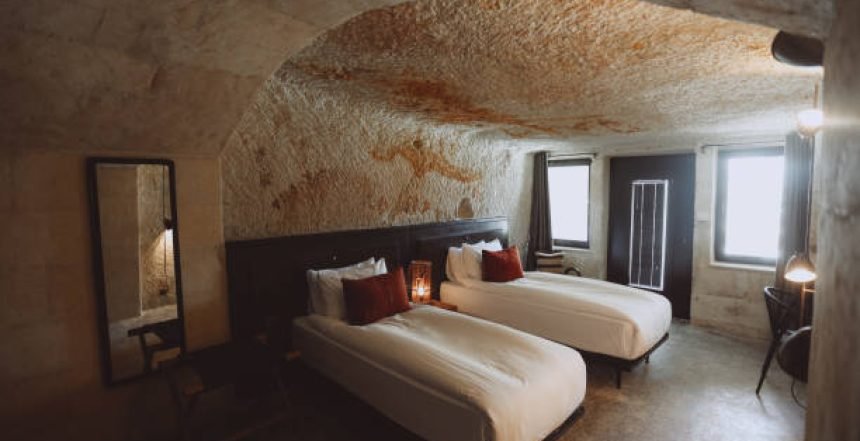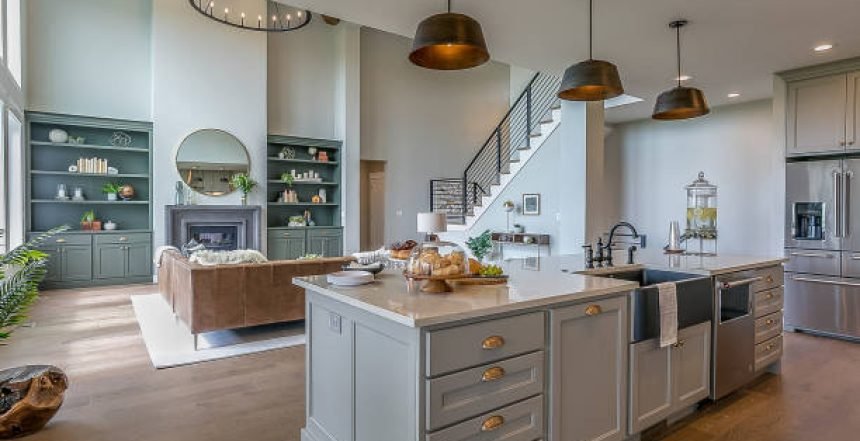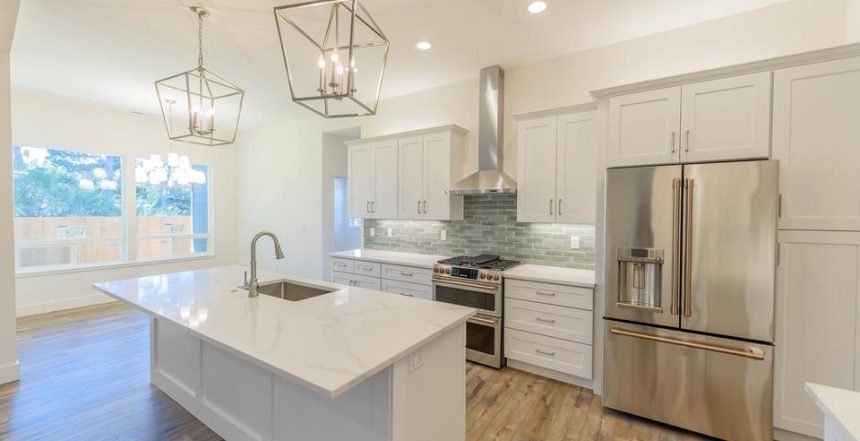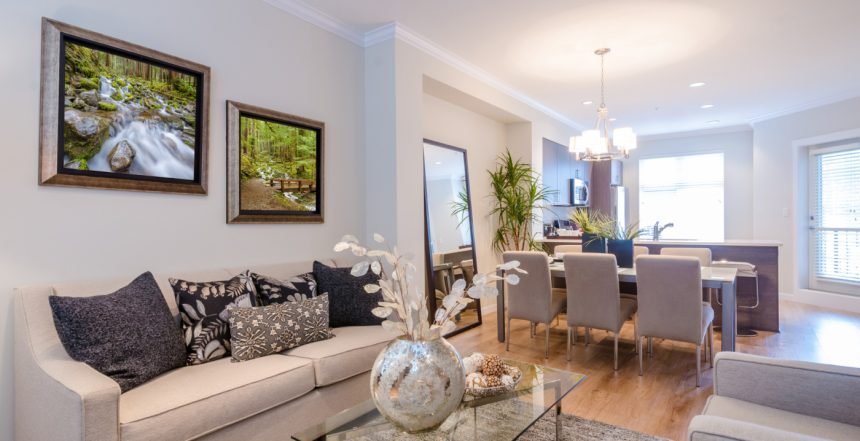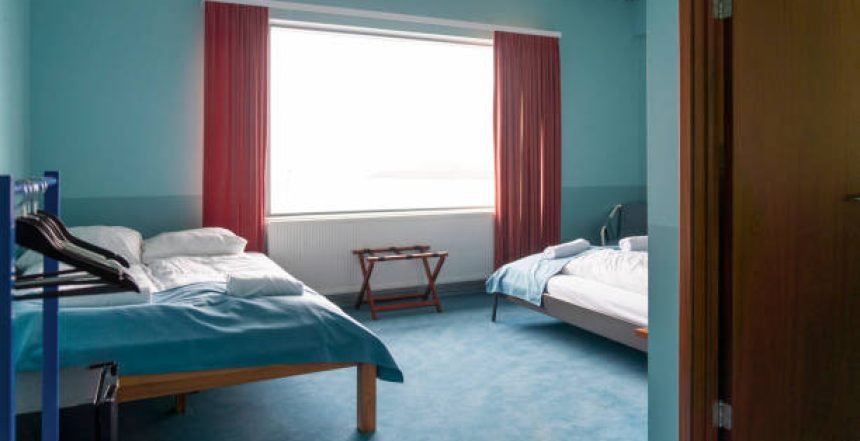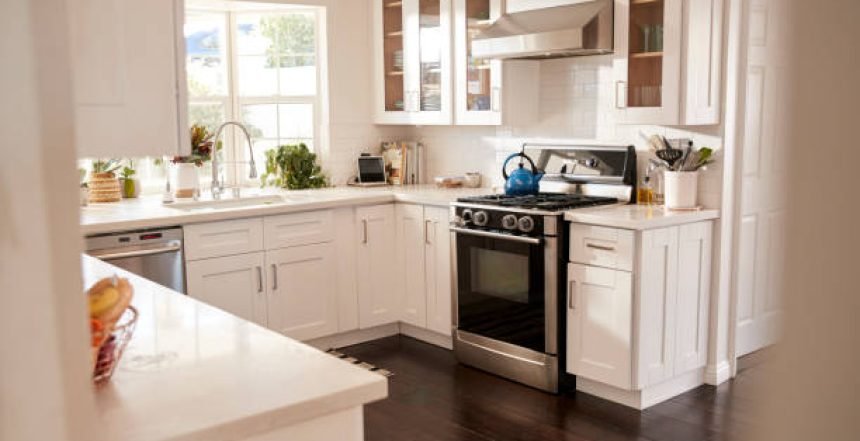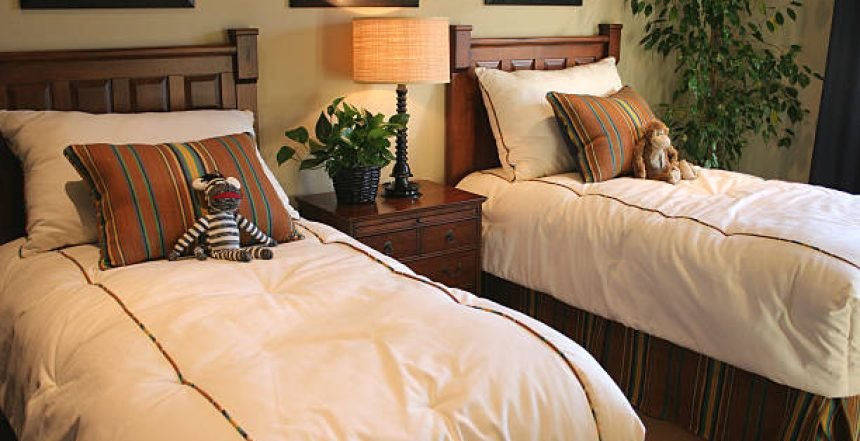How to get started
How we serve

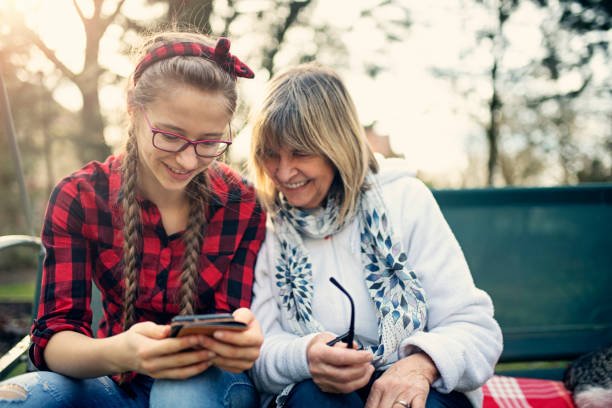
What it's like to BHome
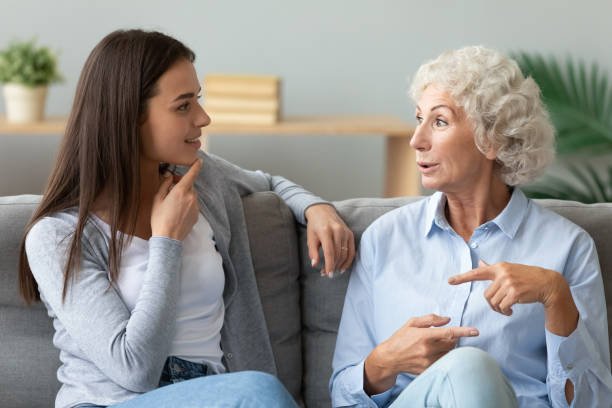
for those who are:
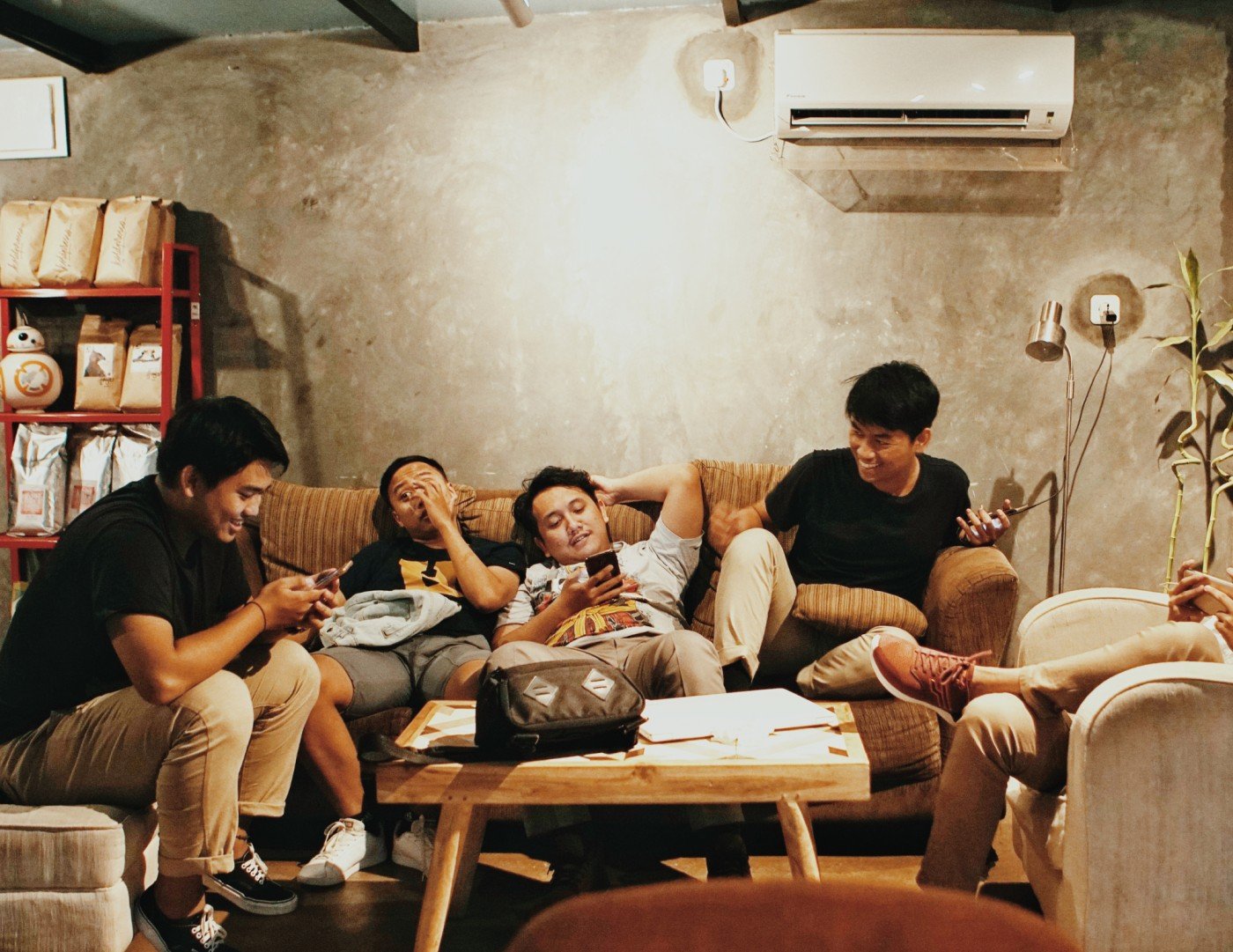
Young Adults Aging-Out
25% of women and 67% of men don’t receive
government help to meet their basic need after they age out of the system.
Half of those who age out will develop a substance use disorder.
20% of those who age-out of foster care will become instantly homeless.
More than 23,000 young adults age-out of foster care every year
Getting a degree from higher education is only a 3% probability.
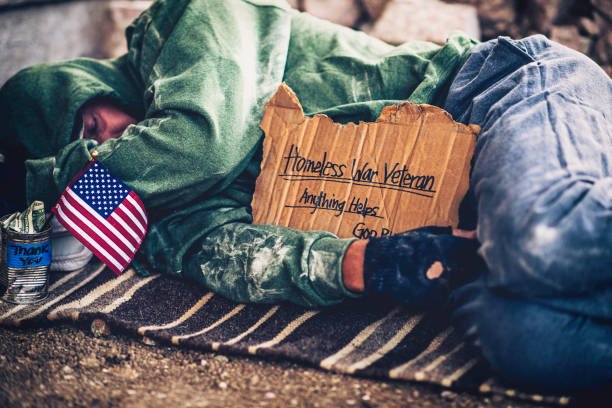
Veterans with Housing Insecurities
The VA estimated there are 500,000 homeless veterans during the year and they are able to help about 20% of them. That leaves 400,000 without supportive services. Veterans 18-30 are 2x likely as adults in the general population to experience homelessness 2/3 suffer from substance use disorder, half suffer from mental illness, many are dual diagnosed According to HUD, female veterans are 2-3 times more likely to be homeless than any other group in the US adult population Veterans tend to experience homelessness longer than their non-veteran peers. Their research demonstrated the greatest risk factors for Veterans homelessness was the lack of support and the social isolation after discharge. Social networks like shared housing is helpful for those who have a crisis or need temporary help
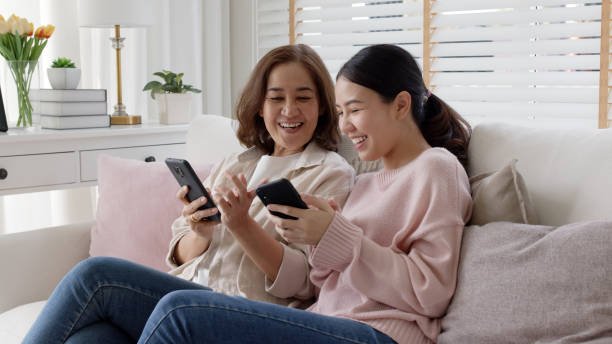
Abused in a relationship with an intimate partner
Happens more than we realize and accounts for about 15% of violent crime 25% of women and 13% of men experienced acute physical violence by a partner in their lifetime. More than 20,000 phone calls are made to domestic violence hotlines daily That adds up to abut 10 Million women and men being physically abused by an intimate partner

People with Disabilities
People with disabilities experience housing discrimination preventing them from sustainable housing and the income necessary to meet basic needs 20-25% of those experiencing homelessness have a disability. Many shelters are not accessible to people with disabilities. Those at home with aging parents or family members are fortunate until the elder members become incapable of assisting them. Those who do reside in shelters often experience overcrowding, staff poorly trained to work with anyone having disabilities.
Link Laliga365
Link Indobet365
Link Indobet365
Link Bbm88
Link Bbm88
Link Bbm88
Link Bbm88
Link Bbm88
Link Bbm88
Link Bbm88
Link Bbm88
Link Bbm88
Link Bbm88
Link Bbm88
Link Bbm88
Link Bbm88
Link Bbm88
Link Bbm88
Link Botakqq
Link Botakqq
Link Botakqq
Link Botakqq
Link Botakqq
Link Botakqq
Link Botakqq
Link Judi Bola
Link BotakQQ
Link MataQQ
Link MataQQ
Bandar Judi Online
Situs Judi BandarQQ
Situs Judi Mix Parlay
Link Lapkv
Link Laliga365
Situs Judi Mix parlay
Agen Judi Bola
Situs Judi Online Terbaik
Bandar Judi Bola Online
Link Agen Judi Bola Parlay
Link Judi Mix Parlay
Link Judi Mix Parlay Sbobet
Mix Parlay
Judi Bola Mix Parlay
Link Judi Bola
Agen BandarQQ Terbaik
Situs Judi Poker Online
Link Judi Poker Online
Bandar Judi Bola Piala Dunia 2026
IndoBet365
Bandar Judi Bola Piala Dunia 2026
IndoBet365
Link Mix Parlay
Link Judi Bola
Judi Mix Parlay Bola
INDOBET365
Link Lapkv
Link Lapkv
Link Lapkv
Link Lapkv
Link Lapkv
Link Lapkv
Link Lapkv
Link Lapkv
Link Lapkv
Link Lapkv
Lapkv
Lapkv
Lapkv
BandarQQ
https://www.jcss.org.sg/
Slot777
Link Slot777
https://www.easygarment.com.hk/
http://tigereagle.co.in/
LaLiga365
Link LaLiga365
Situs 365 Terpercaya
Situs Bola Online
https://thecompletebride.com/
https://bathqueen.in/
Situs Judi Bola
LaLiga365
https://carlocksmithhollywoodfl.com/
LaPkv
BandarQQ
Link LaPkv

